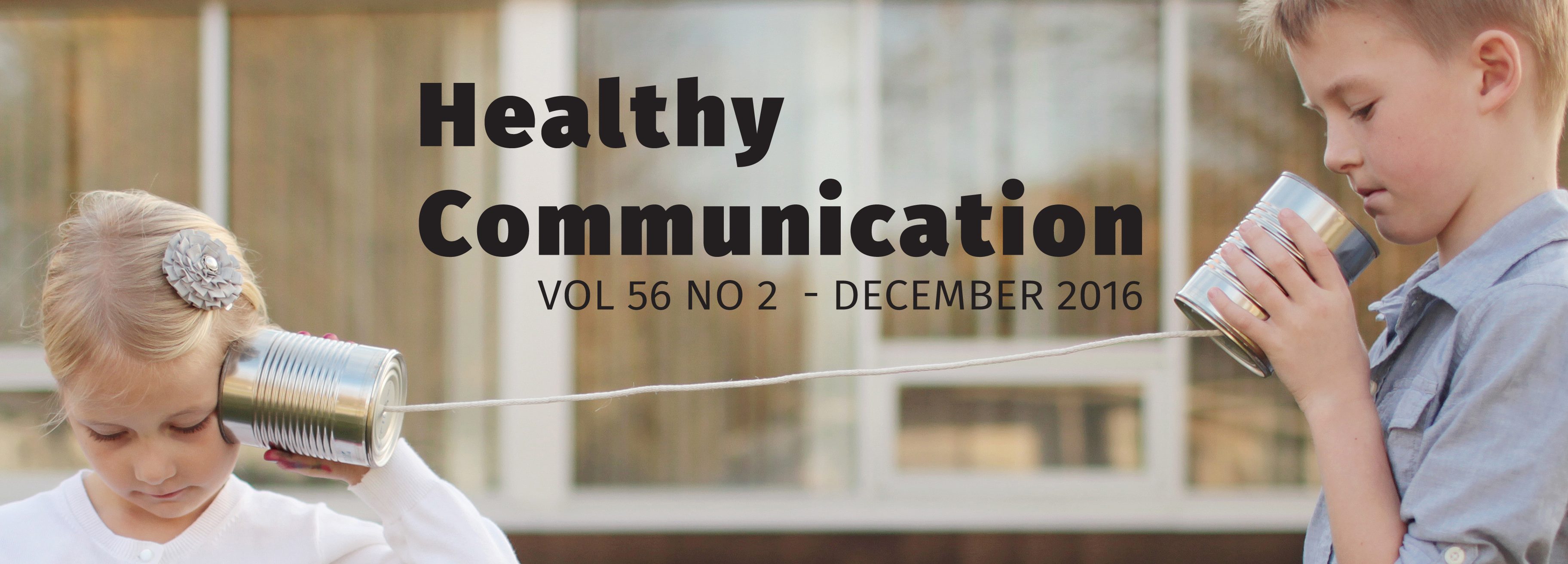To contribute to the theme of this issue of CEJ, our panel decided to tackle the issue of teacher-teacher communication. We began with the following prompt:
As Christian educators, we interact with our colleagues daily. At times these interactions include discussions and conversations about difficult yet important issues in the life of the school. Undoubtedly, on occasion there are differences of opinion. From your experience, what advice do you have for Christian teachers as they engage in such discussions with each other? How can and should Christian teachers engage in such conversations in a healthy manner? As you think about your response, feel free to discuss the challenging nature of such discussions (maybe providing examples of difficult conversations) as well as giving direction.
Rebecca DeSmith moved the discussion forward by offering the first response:
Hello all! I hope your school year is off to a good start, but if not . . .
The noisy classroom next door . . . the teacher who never cleans the lunch table before your class eats . . . the teacher who forgets to charge the computer cart . . .
Addressing these issues can be tricky with our colleagues at school. When engaging a coworker in a difficult conversation, what has happened before this meeting is probably the most important aspect of its outcome: creating a positive relationship with colleagues is a key factor to any open and honest dialogue.
Building relationships can be difficult, especially in a large school with several classrooms and grade levels. Finding time and opportunity is a challenge with various schedules and commitments, but it is worth the effort to create a culture of respect and cooperation. In the September 2016 issue of Educational Leadership, Tim Westerberg reminds readers that the culture of a school begins at the top: “But if classroom teachers play a leading role in establishing relationships that help students demonstrate their personal bests, principals play a lead in establishing relationships among the adults within the school.” Getting to know our coworkers happens with intentionality—with multigrade grouping during in-service meetings or committee work, by providing time for small prayer groups to meet regularly, through offering professional discussions and professional development opportunities that span all grade levels, and by providing time for teachers to have lunch together occasionally.
Any time teachers can meet together to talk, laugh, plan, and dream, relationships are built and trust and respect are established. Building positive relationships takes time and effort, but it can make the difference when we need to engage in difficult conversations during the school year.
If these conversations need to occur, talk to coworkers when you feel calm and rational, not when you are angry or frustrated. In your encounter with your colleague, it is as important to listen to the person as it is to talk. Listen with an open heart and mind, remembering to respect the speaker, and talk with clarity and honesty, remembering to respect the listener. And be sure to ask the Holy Spirit to be present in the room, supplying you with the right attitude and with gentle words.
Gayle Monsma offered this reply:
Rebecca, thanks for the reminder that the relationships that are built before a conflict happens are key and lay a foundation that can handle the difficult conversations. So true!
As I served most of my career as a principal, I also appreciated the quote describing how “principals play a lead in establishing relationships among the adults within the school.” In my tenure as a principal, working to craft a strong sense of community among the staff was a priority. As such, we forged strong relationships and in many cases became friends in addition to colleagues. Then when challenging conversations needed to happen, a strong sense of trust and respect was usually present.
On the flip side, in some ways these relational bonds also made the conversations more difficult, particularly when the topics revolved around issues related to performance evaluations and possibly even continued employment.
The panel consists of:
Christian Altena, who teaches at Chicago Christian High School in Palos Heights, Illinois.
Justin Cook, who serves as the Director of Learning at the Ontario Alliance of Christian Schools in Ancaster, Ontario.
Rebecca DeSmith, who serves as Discovery Program coordinator and teacher at Sioux Center Christian School.
Gayle Monsma, who serves as the Executive Director for The Prairie Centre for Christian Education in Edmonton, Alberta.
John Walcott, who is assistant professor in the education department at Calvin College.
Works Cited
Westerberg, Tim. “The Principal Factor.” Educational Leadership, vol. 74, no. 1, 2016, pp. 56-62.
